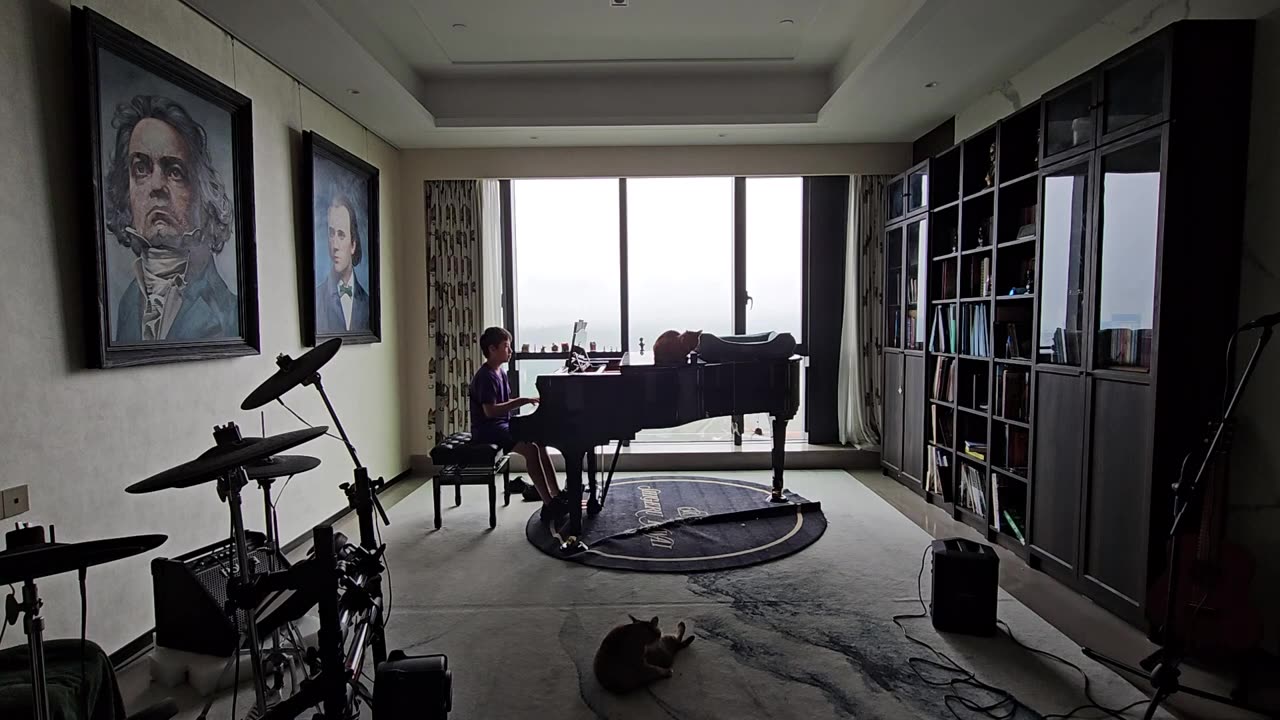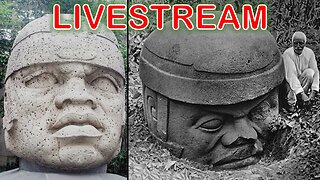Premium Only Content

Pop Song 597 of 1000 'Statesboro blues' Blind Willie McTell 1929 cover Allman Brothers
Pop Song 597 of 1000 'Statesboro blues' Blind Willie McTell 1929 cover Allman Brothers
Blind Willie https://www.youtube.com/watch?v=sk4Js6Q58h8
The Allman Brothers https://www.youtube.com/watch?v=dgLF3Ojx6ZM&t=2s
https://www.youtube.com/@CyrusandAurelius/
"Statesboro Blues" is a Piedmont blues song written by Blind Willie McTell, who recorded it in 1928. The title refers to the town of Statesboro, Georgia. In 1968, Taj Mahal recorded a popular blues rock adaptation of the song with a prominent slide guitar part by Jesse Ed Davis. His rendition inspired a recording by the Allman Brothers Band, which is ranked number nine on Rolling Stone magazine's list of the "100 Greatest Guitar Songs of All Time".In 2005, the Atlanta Journal-Constitution ranked "Statesboro Blues" number 57 on its list of "100 Songs of the South
The lyrics, a first-person narrative, appear to relate the story of a man pleading with a woman to let him in her house; the speaker calls himself "Papa McTell" in the first stanza ("Have you got the nerve to drive Papa McTell from your door?"). Throughout the song, the woman, addressed as "mama," is alternately pleaded with (to go with the speaker "up the country") and threatened ("When I leave this time, pretty mama, I'm going away to stay"). Throughout the non-linear narrative, the "Statesboro blues" are invoked—an unexplained condition from which the speaker and his entire family seem to be suffering ("I woke up this morning / Had them Statesboro blues / I looked over in the corner: grandma and grandpa had 'em too").[8] Later versions, such as the one by the Allman Brothers Band, have shorter, simplified lyrics.
As with many blues lyrics, it can be difficult to establish a definitive narrative order for the stanzas. In the case of "Statesboro Blues," Richard Blaustein attempted a structural analysis of McTell's song in an approach influenced by Claude Lévi-Strauss;[9] it is unclear whether his results are applicable to other blues songs.[10]
In 2016, the song was selected for preservation in the National Recording Registry due to its "cultural, historic, or artistic significance".[11] It is included on several compilations of McTell's recording
-
 2:58
2:58
Cyrus Saladin Ming
1 day agoGuitar Pop Song 23 'Interstate Love Song' Stone Temple Pilots
132 -
 3:22:32
3:22:32
PandaSub2000
3 days agoPlatformer ExtravaPandza | ULTRA BEST AT GAMES (Original Live Version)
47.7K27 -
 5:43:19
5:43:19
Bitcoin Magazine
13 hours agoLIVE: MICHAEL SAYLOR'S $100K NYE BITCOIN PARTY
99K12 -
 5:06:15
5:06:15
AirCondaTv Gaming
19 hours ago $36.62 earnedOnce Human - New Year. New Meta. Happy New Year!
135K14 -
 1:00:37
1:00:37
Bright Insight
10 days agoOlmec Heads are Evidence of Lost Ancient Advanced Civilization
136K229 -
 13:43
13:43
Cooking with Gruel
2 days agoCreamy Saffron Risotto
116K20 -
 18:38
18:38
DeVory Darkins
1 day ago $38.03 earnedTrump Makes HUGE Announcement that may spark GOP Battle
118K85 -
 2:13:05
2:13:05
The Nerd Realm
18 hours ago $11.62 earnedNew Years Eve! Fortnite Hunters w/ YOU! Creator Code: NERDREALM
88.6K6 -
 11:04:44
11:04:44
FusedAegisTV
1 day agoNYE Eve! - 2025 Incoming 🎉 - 12hr Variety Stream!
147K7 -
 1:18:52
1:18:52
Awaken With JP
21 hours agoSomehow The World DIDN’T End This Year! - LIES Ep 72
180K95